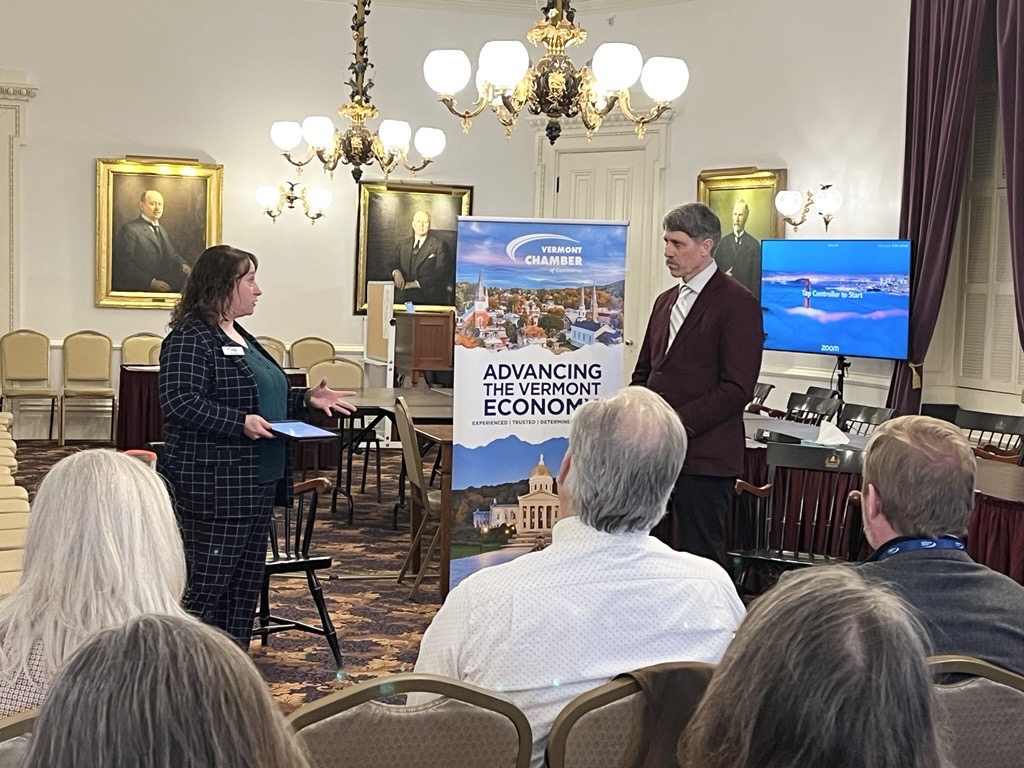Manufacturers and Insurance Markets at Risk with Chemical Regulation Bill
The Senate Judiciary Committee reviewed S.113, which proposes to establish a cause of action of the remedy of medical monitoring for a person who is exposed to a proven toxic substance. This legislation stems from a bill vetoed by Governor Scott in 2019. This new iteration has greatly improved on the last version by incorporating the suggestions that the Vermont Chamber made during prior testimony, making the bill substantially more reasonable for businesses. The Vermont Chamber has some remaining concerns regarding the criteria for the legal test, the insurance markets, and whether medical monitoring insurance can be written for Vermont companies and will work to highlight and address these concerns for the insurance markets and manufacturers. For questions, concerns or to learn more, please contact Chris Carrigan.
SHARE THIS ARTICLE
RECENT NEWS



